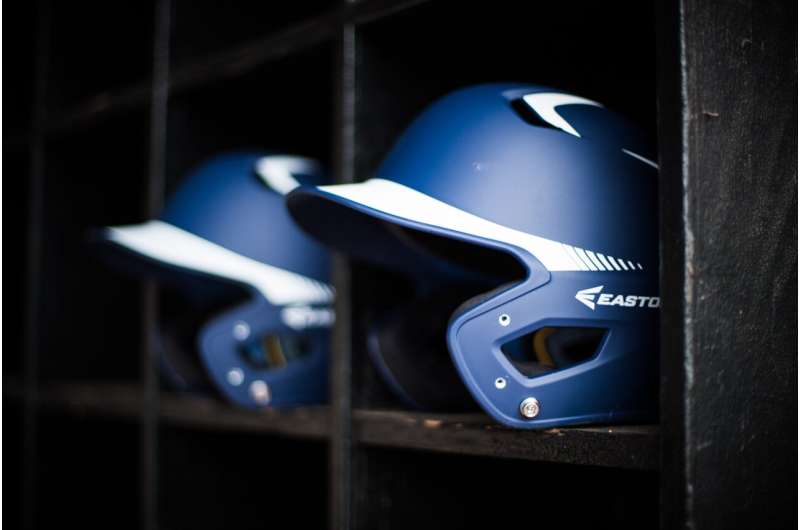Adolescents face risk of depressive symptoms immediately following a concussion

Researchers from the University of Pennsylvania School of Nursing (Penn Nursing) and Children's Hospital of Philadelphia (CHOP) have shown that adolescents reported elevated depressive symptoms in the period immediately following a concussion. The findings, which were recently published online in the journal Sports Health, underscore the need for more comprehensive screening when caring for adolescents who suffer a concussion.
Concussions are already a growing public health concern, and evidence suggests that concussed patients are at an increased risk of various psychiatric effects. However, most studies have looked at an adult population, and relatively few have examined how concussions affect the mental health of adolescents. Poor mental health can negatively impact recovery from a concussion, and since nearly one in four teens has suffered at least one concussion, properly identifying psychiatric concerns is critical in order to get adolescents back on track.
Researchers from Penn Nursing and CHOP conducted a prospective study to assess mental health symptoms within the first 28 days after the injury and compare their results with non-concussed adolescents. By doing this, the study could focus on whether early screening can detect symptoms of depression or anxiety early on so that symptoms can be identified and treated earlier, preventing long-term consequences.
"Our study found that a meaningful number of kids report depressive symptoms when we screened for them within the first month of a concussion injury," said senior study author Catherine McDonald, Ph.D., RN, FAAN, Associate Professor in the Department of Family and Community Health at Penn Nursing and a Senior Fellow with CHOP's Center for Injury Research and Prevention (CIRP). "It is important that frontline providers regularly screen for depression as a component of concussion care."
The researchers recruited 111 concussed and 171 non-concussed adolescents ages 13 to 18 years old. Participants completed assessments for depression and anxiety from the Patient-Reported Outcome Measurement Information System (PROMIS). The concussed cohort included patients who presented with a concussion diagnosis within 28 days of injury to CHOP Minds Matter Concussion Program clinic. Non-concussed participants were volunteers from a private suburban high school.
In initial analyses, the proportion of concussed adolescents above normal limits for depressive symptoms was greater than in the non-concussed groups. In addition, more than 30% of the concussed adolescents were above normal limits for depressive or anxiety symptoms.
"Most patients are remarkably resilient and cope very well after a concussion, but this study demonstrated that about a third of patients will experience mental health needs after their injury, which is why it's so important for them to have access to comprehensive care, including behavioral health support, as soon as a need is identified," said study co-author Jamie Shoop, Ph.D., a psychologist in the Minds Matter Concussion Program. "By getting the support they need as early as possible, they can avoid some of these symptoms before they become more problematic."
More information: Ari M. Fish et al, Comparison of Anxiety and Depression Symptoms in Concussed and Nonconcussed Adolescents, Sports Health: A Multidisciplinary Approach (2022). DOI: 10.1177/19417381221113840



















